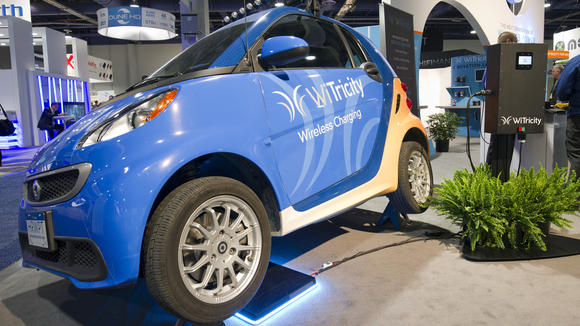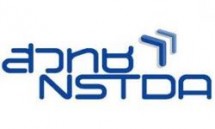หน้าใหม่
| |
|||
| แหล่งที่มา : www.asia.nikkei.com | วันที่โพสต์ : 23 ก.พ. 2561 | ||
|
TDK Crop ผู้ผลิตชิ้นส่วนอิเล็กทรอนิกส์ ร่วมกับผู้ผลิตรถยนต์ ร่วมกันพัฒนา |
|||
 An electric car is recharged by a WiTricity wireless charger at the 2015 CES expo in Las Vegas, U.S.© Reuters |
|||
| Japanese company aims for cordless recharging in parking lots by 2021 TOKYO -- Electronics parts maker TDK will work with automakers to develop a wireless charging system for electric vehicles, with an eye toward making easy cable-free charging a commercial reality by 2021 The Tokyo-based company envisions a system that sends electricity wirelessly by using electromagnetic induction between an underground transmission coil and a receiving coil in the vehicle. The system, which will be built on a basic technology developed by U.S. startup WiTricity, will also incorporate TDK's proprietary technologies, such as an electromagnetic noise filter. The Japanese company has formed a 70-member development team to push toward the system's commercialization. TDK is also working on industrial-use systems for wirelessly charging such machines as autonomous conveyor vehicles and factory robots. It is aiming for shipments of around 50,000 wireless charging systems in 2020. The limited number of charging facilities is seen as a hurdle for a wide-scale adoption of electric vehicles. TDK's system is likely to ease the way, since it will allow parking spaces to be used also as charging stations easily. In Japan, Toyota Motor has been testing a wireless charging system since 2014, and Honda Motor and others are developing their own versions. Germany's Volkswagen and BMW, too, are conducting experiments using electric vehicles, along with U.S. chipmaker Qualcomm and German auto parts maker Robert Bosch. But the technology will face a hard time gaining public acceptance absent a high level of compatibility among various wireless charging systems and vehicle models. To address this issue, automakers and parts manufacturers around the world have been discussing the standardization of specifications. The effort could lead to the commercialization of wireless charging systems as soon as 2020. |
|||
| ขอบคุณข่าวจาก : asia.nikkei.com |
|||






